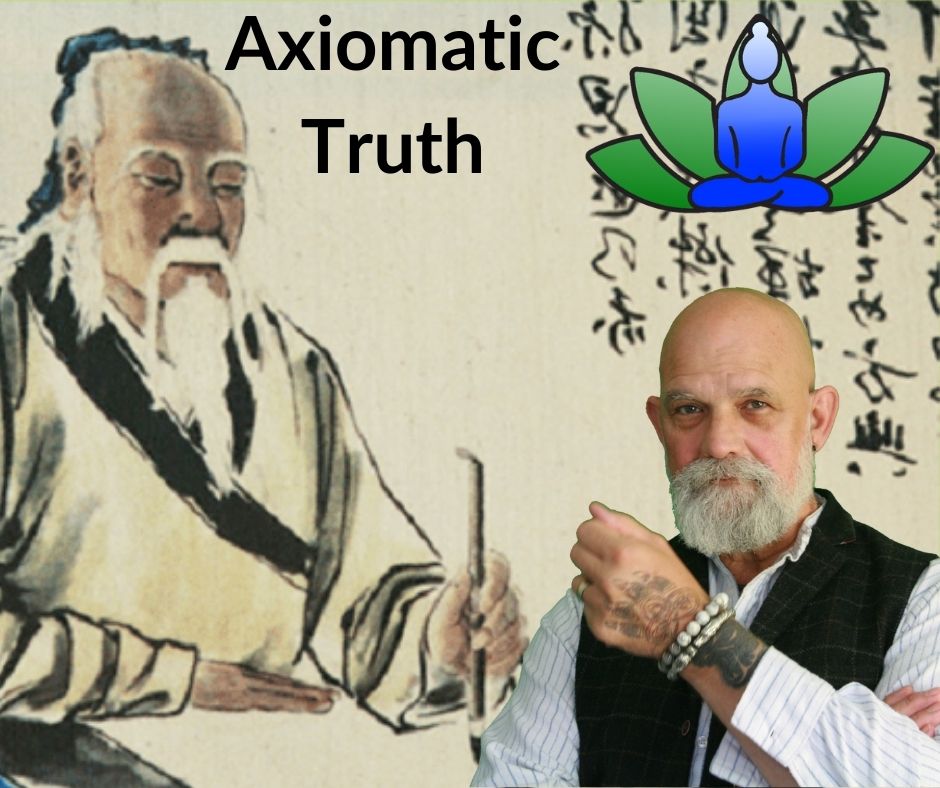
The Contemplations provided in every day of these programs are intended to be axiomatic. I realise that of course that unless you have studied philosophy or critical thinking you may not be familiar with the term. An axiom is a truth, that I most likely can’t prove, but if I share it with you, you’ll be able to see that it must be the case; it is, in other words, self-evident. To give an example of such argument, we often use just this way of thinking when we talk about rights. I can’t prove that we should have, or grant others with, any particular right. All I can do is state that, it seems to me that, people should have this or that right, and if you can’t see it, I have no other argument to fall back on. We are all stumped when someone asks ‘why?’ to what we consider something self-evidently obvious. When someone says ‘Why should we try to be fair?’ or ‘Why can’t I kill him?’ We can gape like a fish and perhaps bluster in consternation ‘are you serious?’ but if someone persists, pretending that they can’t ‘just see it’ we struggle to know where to start. If they really, genuinely can’t see it, we will eventually conclude that they are psychopathic, that there is something actually wrong with their brain. Indeed, such a person would be dangerous and most likely, will eventually, be locked up.
In traditional eastern philosophies like Taoism or Zen Buddhism, the skill of the sage, priest or Sifu is not so much in seeing the meaning of life, but in being able to explain it to someone else, in a way that enables them to say ‘oh yes, it’s obvious now you’ve put it like that.’ In other words, being able to present a concept or idea as a self-evident truth or axiom.
My hope is that as you follow any of these programs you will often find yourself thinking, ‘well yes, I think I always knew that.’
Comments are closed